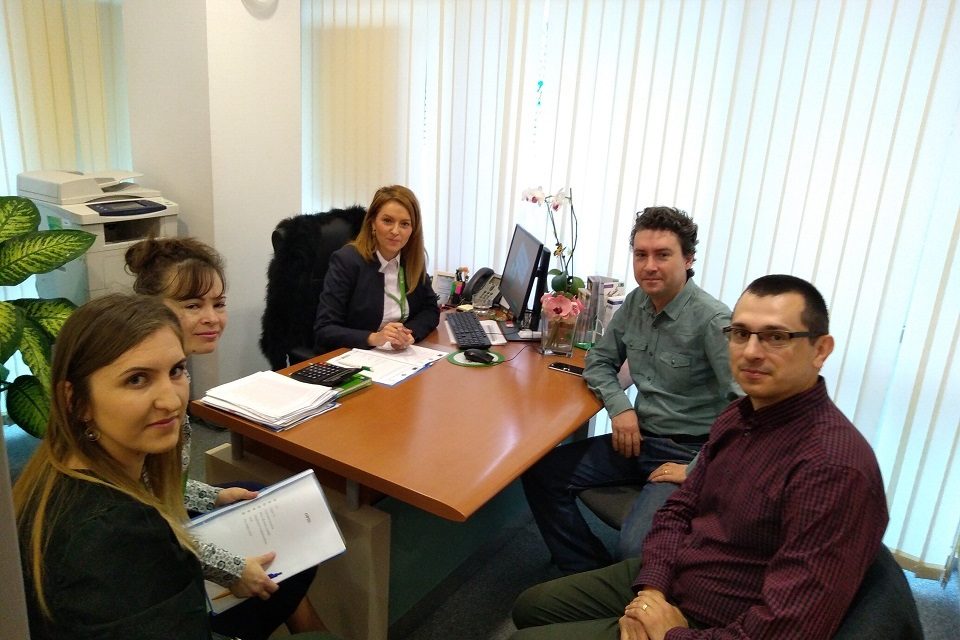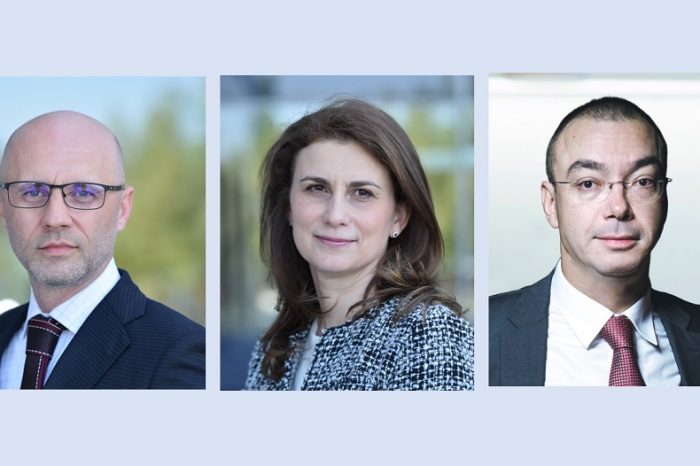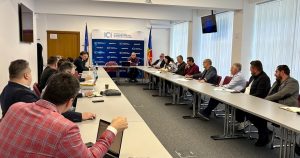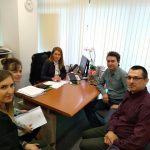130 students from Iași and Suceava have obtained practical work skills through the Right to Education Foundation

The Right to Education Foundation announces the completion of the “Career Simulator” project, with the general objective of increasing the employability of 130 students from the North-East and South-East regions by participating in on-the-job learning programs.
The specific activities of the project carried out by the Right to Education Foundation contributed to the fulfilment of the specific objectives by developing the social partnership on the level of educational institutions and the private environment. Thus, three partners have provided the theoretical and practical training for the students and their integration into the labour market: Alexandru Ioan Cuza University of Iași, Ștefan cel Mare University of Suceava and OTP Bank Romania.
In the two-year project, which was completed on September 25, 2020, 140 students (target group and reserves) developed their transversal key skills and competences in order to maintain their competitiveness in the labour market through career counselling and guidance sessions, as well as their professional competencies specific to the financial-banking field in order to increase their insertion on the labour market by participating at internships organized and carried out by OTP Bank.
In order to increase the motivation of students to apply the practical knowledge related to the financial-banking field, a professional competition was organized which concluded with the awarding of 13 of the best submitted projects.
At the same time, in an effort to ensure a common ground for the educational approach and labour market requirements, but also to ensure sustainability and minimize the risks identified in the process of integrating students into the labour market, through the project “Career Simulator”, the project team conducted a multidirectional research that includes analyses on:
- Identifying the needs of employers, which could be addressed more clearly in the university curriculum
- Challenges and opportunities encountered in the practical training of students.
- Identifying the current needs regarding professional development among the students from the partner Universities (Alexandru Ioan Cuza University and Ștefan cel Mare University).
Starting March 2020, with the establishment of the national state of emergency generated by the COVID 19 pandemic in our country, the internships within this program have been moved in the online environment. Among the conclusions and recommendations of the study, we mention:
- In a context unfavourable for the physical development of internships through the actual presence of the student at the work place, the optimal method is to conduct practical training programs in a hybrid manner: both online interaction between tutor and student, and exposure to actual activities at work, as well as individual study by the student.
- Digital learning is considered as a possibility to carry out activities faster and more efficiently, transmitting more information, documents and procedures, and learning takes place in a safe but comfortable environment.
- Positive characteristics of this learning method: flexibility, fast communication, large volume of information.
- Practical digital learning processes can have “the human touch” through video sessions to simulate “real life” exercises, tutorials, role-playing games carried out online.
- Interactive applications (Zoom, Microsoft Teams, Webex, Skype, etc.) are recommended, as they provide video and auditory interaction.
- It is also suggested to use demo versions of banking applications (account opening, payments, lending, etc.).
- All applications used in the practical development sessions / internship process must be “friendly”.
- The student should have a combination of theoretical and practical skills that can be obtained by performing simulations, practical exercises.
- The desire for development and lifelong learning must be a long-term concern of every student, because the conditions and work environment are constantly changing.
The full results obtained within the project may be consulted on the official website of the Right to Education Foundation, by accessing the link: https://www.okcenter.ro/simulator-de-cariera/. The partnership initiated within the project between academia and the private environment contributes to the capitalization of the experience gained while implementing the activities with the target group and its conversion into actual measures to facilitate a faster insertion and integration for students / graduates in the labour market, as well as an optimized career in the chosen field.
The “Career Simulator” project, financed from the European Social Fund through the Human Capital Operational Program 2014-2020, priority axis Education and Competences, is implemented by the Right to Education Foundation in partnership with Alexandru Ioan Cuza University of Iași, Ștefan cel Mare University of Suceava and OTP Bank Romania SA and has a total value of 1,156,214.79 lei, of which 1,129,687.61 lei are non-reimbursable funds and was carried out for a period of 24 months, starting with September 25, 2018.













